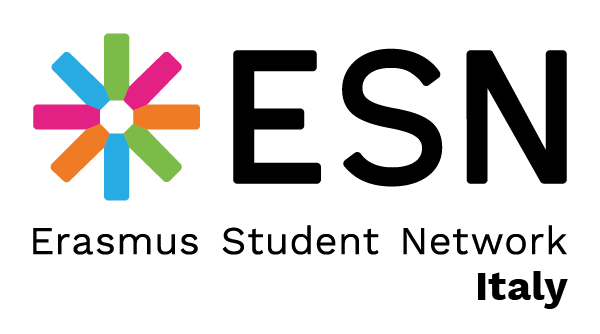What is it?
This edition covers the topics of Erasmus students and their sense of citizenship in political, civil and social actions. How have the lives of these students changed after their exchanges? What is the impact of Erasmus+ on students who through the programme have had the opportunity to meet new cultures, new friends, live in an international environment? With the questionnaire, we aim at understanding the difference between these students and those who have never had the opportunity to participate in the Erasmus+ Programme. Our research is going to focus on the impact of the study abroad experience on the participation of international students in society. Does going abroad make students more engaged at a political, civil, and social level? What are the particular aspects of active citizenship gained through the study abroad experience? Does this have an impact on their opinion about the European Union, as the entity that finances the Erasmus+ Programme? And on their voting behaviour? How do these elements interact with each other?
Why should ESN conduct such research?
ESN interacts with several institutions and stakeholders (European Commission, European Parliament, other youth associations, commercial partners, etc.), both at the European and national level. In order to strengthen the way ESN advocates through the internationalisation of education, it does matter to have a deep understanding of the group of young people we represent: European students who have taken part in an exchange programme or are planning to do so. This knowledge can be obtained by doing quantitative research, taking advantage of our large network of sections in more than 500 universities in 39 countries.
All in all, if ESN speaks up during meetings with institutions on behalf of the Erasmus generation showing accurate data on the profile of the students, how they are impacted by the Erasmus+ programme and what are their problems, we can add inputs in order to improve education policies. But, if this rationale to develop such research was not enough, this year we have an extra reason to do it. At a time when the European project is increasingly questioned and part of the European population struggles to understand the added-value of the European Union, it is important to study how current and recent alumni of the Erasmus+ Programme, a flagship of the EU, asses the European project. The European Elections that will take place in May grant the perfect background for this study. It will be relevant to understand the attitudes and behaviours of the European youth - and in particular the Erasmus generation - towards this event.
How is the ESNsurvey 2019 going to be conducted?
It will be developed through an online questionnaire basis. An online questionnaire will be launched within the network, to be shared with international students. Here, the role of NBs and, specifically, ESN sections, will be essential. After the reception of a considerable amount of answers, an analytic process will follow in order to obtain general conclusions and abstractions. The conclusions, as well as some recommendations based on the empirical data collected, will be shared through a research report within the Network and with stakeholders at the European, national, and local level.
You can fill in the ESNsurvey here: https://www.esn.org/survey2019

Follow us